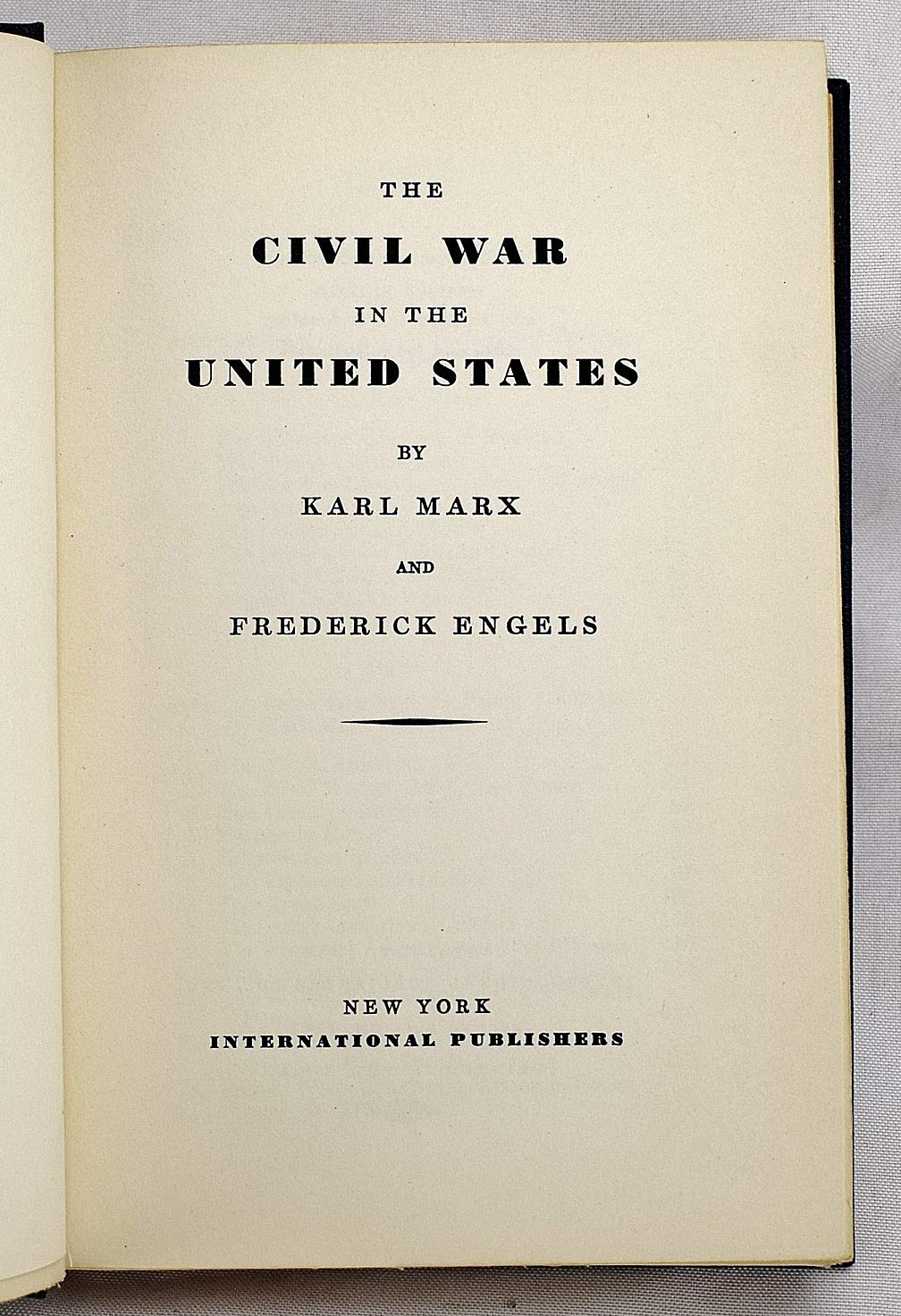Marx and Slavery (coauthored), Monthly Review vol. 72, no. 3 (July 2020), DOI: https://doi.org/10.14452/MR-072-03-2020-07_9
The rise to prominence of analyses of racial capitalism represents a breakthrough in Marxian theory. This has necessarily been accompanied by a critique of previous Marxian analyses, which all too often ignored or minimized the relation of slavery to capitalism. In recent years, however, these criticisms of orthodox Marxist treatments of slavery have been extended, much more problematically, to the work of Karl Marx himself. Although Marx never wrote a treatise on slavery, the issue of slave labor was woven into his analysis of social formations, both ancient and modern, and was inextricably intertwined with his treatment of wage labor.
